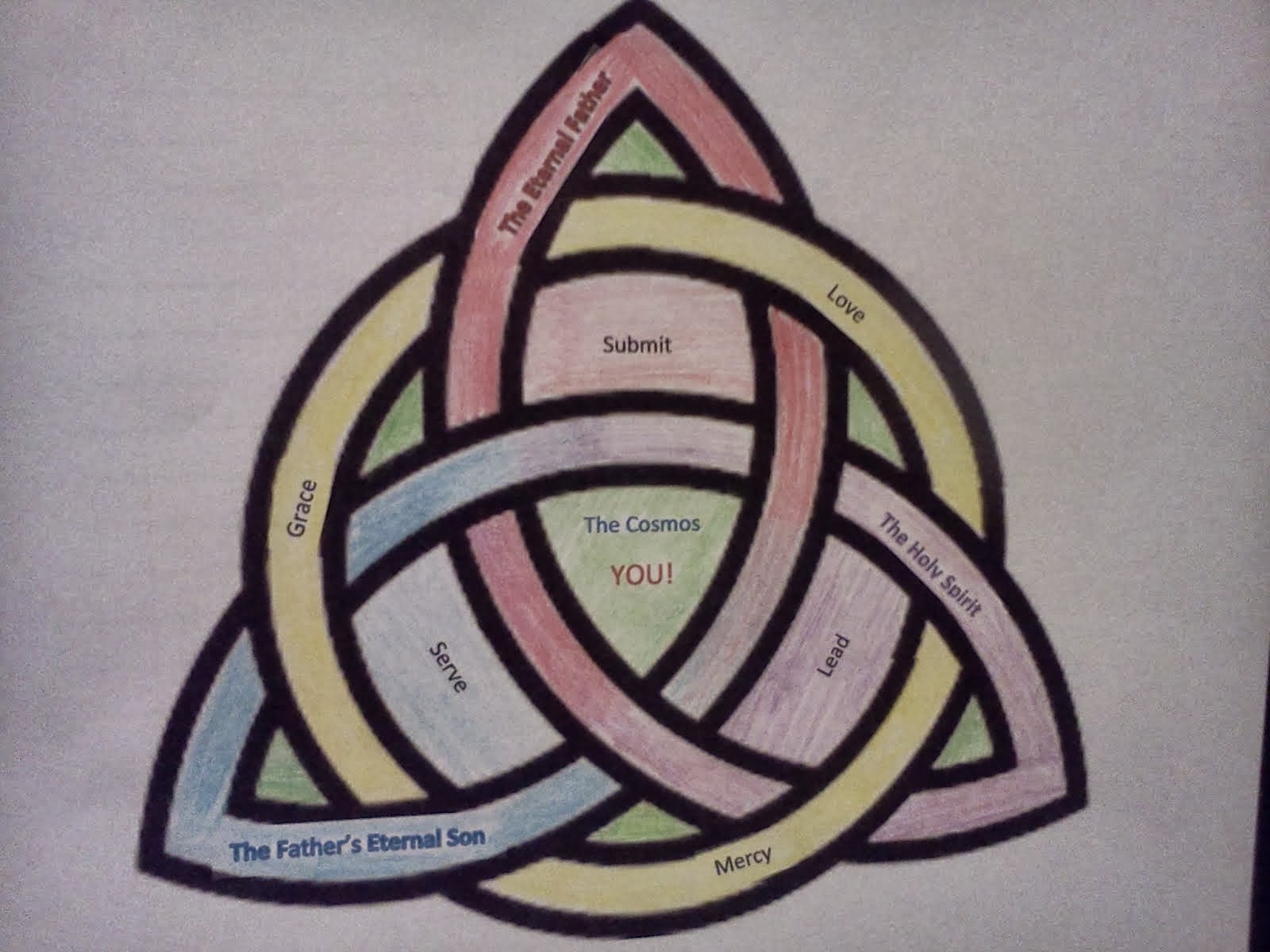Day 6 Life Is a Temporary Job
Have you ever had a summer job? Maybe you worked in retail over the Holiday season? Perhaps you’ve even worked for a temporary agency? That kind of job is known as seasonal work. Now the season may be of your design or not; but temporary assignments are not the stuff of career dreams.
Temp jobs are a path to get you from where you are to the next stop along your life’s journey. They are a means to an end, not the end itself.
There are people who work temp jobs on purpose. They like the freedom of knowing the start and finish dates of their assignments. They like the variety and challenge of learning new things and meeting new people. They like the comfort of knowing that even if they don’t care for the task they’ve been given, it won’t last forever.
All successful temporary workers have one common trait: they embrace change. They don’t expect things to stay the same. They know that change is coming. And they work hard at being flexible and adaptable—ready for whatever challenge presents itself.
We saw that we were made for eternity on Day 4. There’s a beautiful old hymn that goes “This world is not my home, I’m just a passin’ through.” And that’s the truth. Don’t make your life here the end—remember that it’s just the beginning.
While we’re here, we’ll experience lots of temporary assignments! We call them stages or phases or transitions or cycles—the list of terms is really long. What they all have in common, however, is that wherever you are today, you’ll soon be moving on to the next step.
That’s because they all represent some type of growth—whether physical, emotional, intellectual, developmental, moral or spiritual. All of creation is continually growing or changing—it’s natural.
So, why do we even have to think about this? Well, because most of us just don’t like change. It’s uncomfortable because:
We like things to stay the same. (If it was good enough for Dad, it’s good enough for me.)
We like to be able to predict what will happen.
We like to be able to plan out our schedules.
We don’t necessarily like surprises.
We don’t like interruptions, either.
We don’t like to be inconvenienced.
We don’t always care to learn new skills.
We don’t always like to practice skills once we’ve learned them, either.
The secret is in knowing when to keep on doing what you’ve been doing and when to change.
Sometimes it is easy to see that change is coming—like with the seasons or the weather. Growth is another signal that change is coming—time for bigger clothes or a new school or even a new baby. Empty nesters are struck by the quiet—sometimes even wishing they could hear the sounds of doors slamming or music playing too loudly.
Other times, it can be very difficult to see that change is needed—like letting your children grow up and learn from their own mistakes. Career changes must sometimes be prompted by job loss—when we aren’t willing to step out and take the risk associated with growth. Changes in styles of dress or grooming can be even more difficult to make. Then there is seeing the need to address a prejudice or stereotype.
More than all these examples of physical, emotional, intellectual, developmental or moral change, we must be on the lookout for spiritual growth and change. We have to accept the changing assignments that go along with being in God’s family and bearing the Image of God—by growing to be like Christ.
Don’t make your life more difficult by making Knowledge of God an idol—something that you value more than knowing God personally. Knowing everything about God (even if it were possible) won’t bring ultimate success. The pursuit of ultimate knowledge (about God or anything else) is man’s biggest trap. God does know everything about everything, however. You can trust that he will be sure you know what you need to know when you need to know it!
We all have current assignments at home or at work or at school or at church. But have you considered whether you’re in the assignment that is best for you? How can you know? The only way to know your current assignment is to stay in touch with the Assignment Supervisor. Wonder who that is? That would be the Holy Spirit.
Give up a little of your resistance to change. Embrace the freedom of the temp job—take a leap of faith! Study to be prepared for any task placed before you, but leave the making of assignments to God. In God’s family business, we’re all workers—we’re not the boss. We’re working to get ready to retire from this earth and move on to heaven.
But if you’re still here, there’s still work for you to do.
"…I keep working toward that day when I will finally be all that Christ Jesus saved me for and wants me to be. No, dear brothers and sisters, I am still not all I should be, but I am focusing all my energies on this one thing: Forgetting the past and looking forward to what lies ahead, I strain to reach the end of the race and receive the prize for which God, through Christ Jesus, is calling us up to heaven." Philippians 3:12b-14 (NLT)
Just remember to keep checking in—every day—throughout the day—to see what that work assignment is.
Today’s Look at 1 John
Read 1 John 1:1 through 2:11 again. While reading, substitute “lack of restraint” every time you read, “sin.” Does that change your perspective?
Keep Breathing!
When you invite God to spend the day with you today, tell him you’re checking in to see what the current assignment is. Thank him for his creativity in the variety of assignments in the business. Ask him if there’s a new skill he wants you to learn. Look for him to confirm any assignment change through the Holy Spirit in you—and the Holy Spirit in your brothers and sisters, too.





